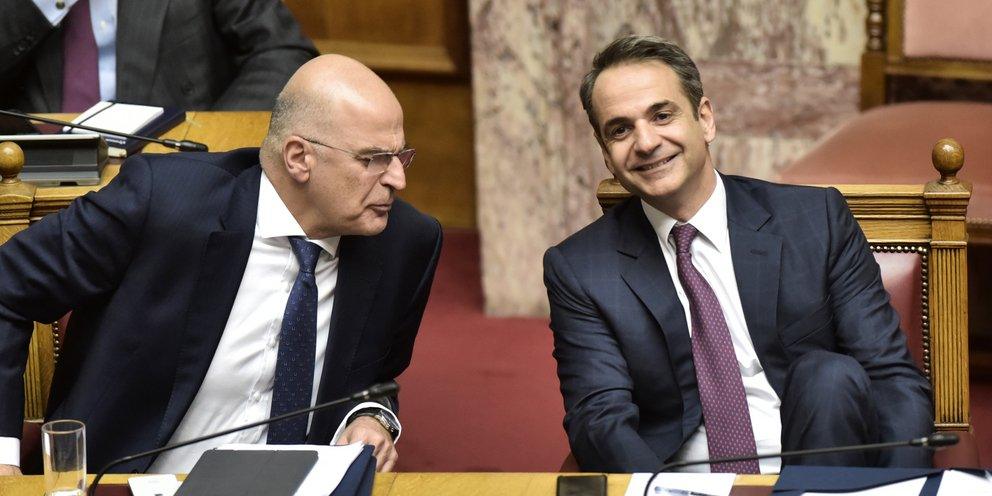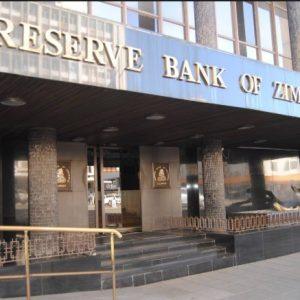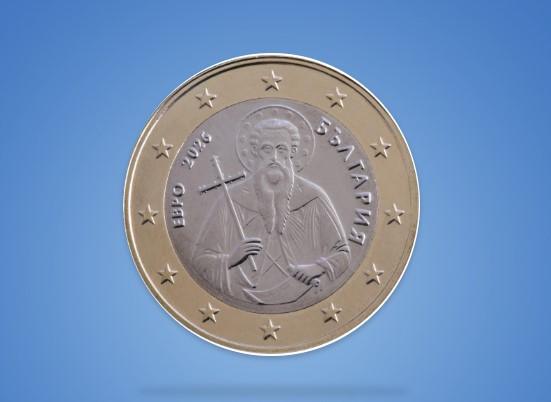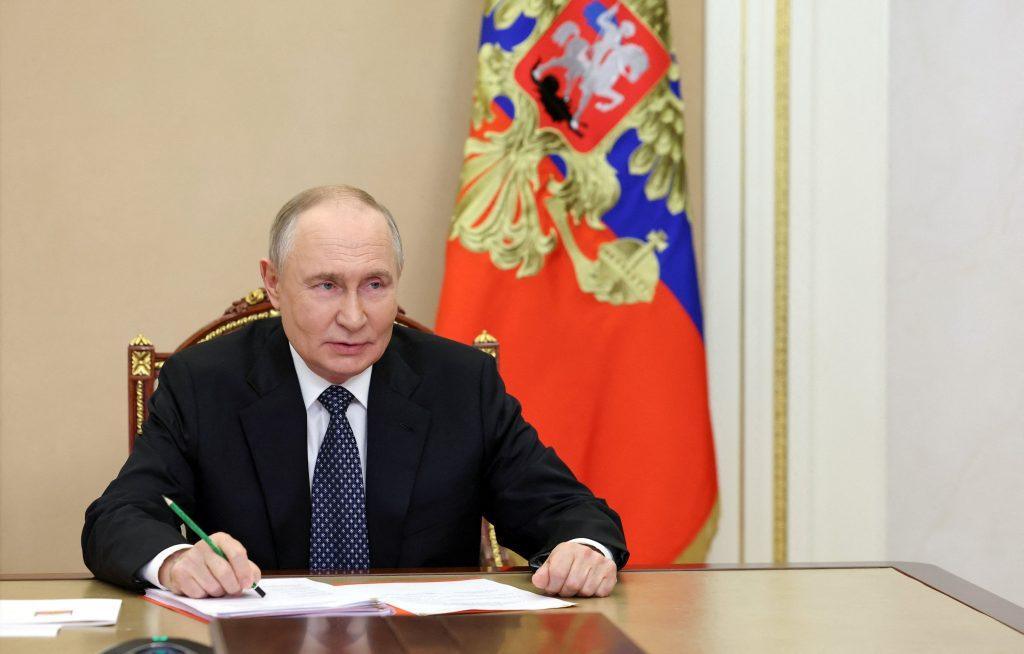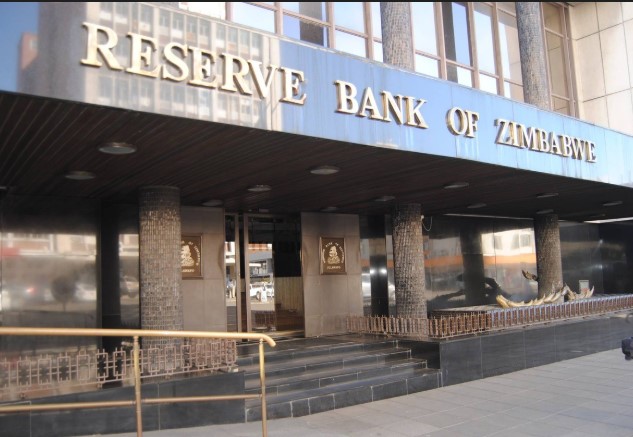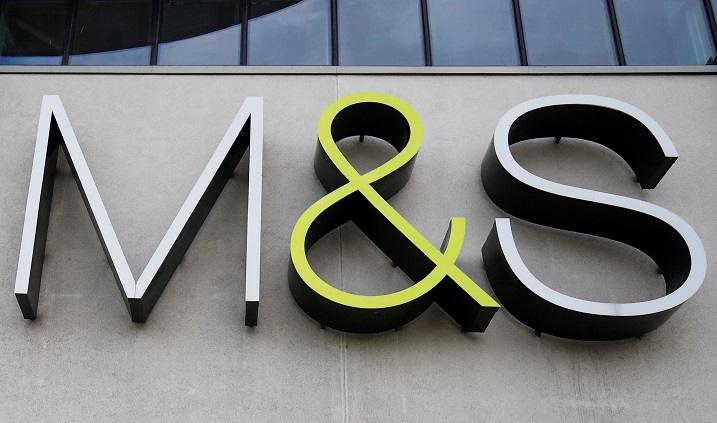The alarm for the high stock of red loans in the balance sheets of the systemic groups, is once again being sounded by the Governor of the Bank of Greece, Giannis Stournaras, in his report on Financial Stability, which was published on Thursday.
In it, the head of the domestic monetary authority emphasizes that the Greek banking sector is called upon to face both the existing and the new challenges related to the pandemic and to ensure the uninterrupted financing of the real economy.
As he pointed out, the high stock of non-performing loans (NPLs), along with the new wave of defaults expected from the pandemic, remains the biggest challenge for the sector.
Mr Stournaras recognizes the important initiatives by the banks and the Greek government with the implementation of the Hellenic Asset Protection Scheme, which, as he states, undoubtedly contributed successfully to the reduction of NPLs.
The problem remains
However, he stressed that their share of total loans is still at levels many times higher than the European average, without taking into account the new NRAs that could potentially be created by the pandemic.
In this context, “banks should speed up the process of recognizing new NPLs in their balance sheets, as, with the abolition of measures to support borrowers, they should transparently reflect the challenges they face,” said Mr. Stournaras.
In relation to the capital adequacy of the system, he claims that “it is at satisfactory levels, taking into account the supervisory measures for capital relief”.
However, he notes that “the quality of regulatory capital, given the high share of deferred final and deferred tax debt (Deferred Tax Credits), which will increase further as banks implement NPL reduction strategies, creates increased risks”.
Risks from government bonds
Referring to the business issues of the sector, the BoG governor argues that the long-term continuation of the low interest rate environment and the existing monetary policy measures have favorably affected the liquidity conditions of the banking sector, contributing to its operating result for the year 2020.
However, he added that organic profitability remained low, as the increase in the size of banks’ balance sheets is not attributed to the increased supply of credit to the real economy.
Finally, the report states that the growing interconnection of the Greek banking sector with the central government is a potential source of risk, as the exposure of Greek banks, through Greek government securities, loan guarantee schemes and the deferred final and cleared tax claim, will remain high for a long time.
Increase loans
Regarding the role of banks in financing the economy, he called on their administrations to further strengthen it, as the economic recovery will be gradually consolidated.
“Vigilance and additional initiatives to address the problem of NPLs and enhance the quality of banks’ supervisory funds continue to be priorities for reducing risks and strengthening lending to the real economy,” he said.
He also makes clear that the withdrawal of support measures should be gradual and that enhanced monitoring of the interconnection of the state and the banking sector is deemed necessary.
Forecasts for recovery
The Bank of Greece forecasts significant GDP growth of 4.2% and 5.3% in 2021 and 2022 respectively. as it is estimated that both external and domestic demand will recover from the second half of 2021, with the contribution and resources of the European recovery instrument Next Generation EU (NGEU).
According to Mr. Stournaras, the pace of recovery is also affected by the achievement of the population’s immunity and the evolution of the epidemiological situation, which will determine the course of tourism receipts.
According to him, any delays in the absorption of resources by the NGEU may have a negative impact. In the opposite case, ie faster than expected resource absorption, the growth rate for 2021 will accelerate.
In the same positive direction it is estimated that any acceleration will act as household consumption expenditure after the pandemic. As for the uncertainties coming from the external environment, the following are pointed out:
(a) any deterioration of epidemiological data in tourist countries of origin; and
b) the geopolitical tensions in the wider region and any resurgence of the refugee crisis.


